2019 New Car Market Review - Winners & Losers
Here are the 2019 new car winners and losers - and there were certainly a great many losers. It’s vital to know your enemy if you’re planning to buy a car in 2020, so let’s do that now…
Just to put some perspective on just how grim the car-selling situation is, out there on the showroom floor, 90,000 fewer cars were sold in 2019, compared with 2018.
All the news outlets are reporting it like: ‘Almost 8 per cent down.’ Dealers are sweating, car brands are desperate to move 2019 stock and you can expect the clearance offers to start coming in thick and fast in 2020.
The last motor vehicle census in January 2019 showed Australia’s number of registered vehicles on the road increased by 1.7 per cent to roughly 19.5 million vehicles. The next census will be published January 31 and will reveal whether the national fleet grew or shrunk against the flailing new car market.
For now, let’s assess the winners and losers to give you a guide about which brands to buy in 2020.
What happened to 2019 sales?
Let’s be clear, there were still one million new cars reported sold in 2019, but a 90,000 car deficit is still a big deal.
If you park 90,000 cars nose to tail, taking up five metres of roadway each, the conga line that would stretch from mid-span of the Sydney Harbour Bridge to the grandiose sheltered lawyers’ workshop known as Canberra… and halfway back.
That’s a big line of unsold cars sitting on the docks and in dealer holding yards. At say $30k a pop, retail, 90,000 cars means at least $2.7 billion in economic turnover that did not occur in 2019.
The top 11 carmakers (in ascending order) were: Subaru, Holden, Honda, Volkswagen, Nissan, Kia, Ford, Mitsubishi, Hyundai, Mazda and Toyota at number one. But only Kia grew its sales volumes in 2019.
Five of the top 10 fell by double digits with the biggest disaster being Holden, down by almost 29 per cent against 2018 sales.
Premium carmakers Porsche, Lexus and BMW recorded sales growth, Mercedes and Audi recorded losses (the latter by a staggering 19 per cent), and the collective industry doom and gloom, dealer desperation and all the excuses absolutely hit fever pitch.
This is great news for new-car buyers in 2020 - here’s why >>
After nearly two straight years of sales decline, especially for mainstream vehicles, Kia was the only brand in the top 10 to post a sales increase in 2019.
But don’t be fooled by this - most Kia dealers are multi-franchised. So they’re in pain and desperate to sell cars across the dealer group.
Kia, therefore, is just as soft a target as everyone else, because the retailer is bleeding even if the importer is not - and it’s a laceration, not a paper cut.
But Kia has done very well. They were essentially nowhere until about 2015, but they sexed-up the product, added a seven-year warranty, made some other good calls tactically, and they hit the top 10, climbing to sixth spot overall in 2019, booting aside stagnant Nissan, indefensibly criminal Volkswagen, Honda with its lacking product investment and the incompetent Holden.
Those four brands have shot themselves in the wedding vegetables and the results speak for themselves.
The major players
The distinction between Hyundai and Kia is entirely artificial, right? They’re notional competitors here, and both are among the winnners of 2019. But it’s all just different silicone implants and liposuction, bit of a fake tan, hair and makeup. Same underlying vehicles. The difference is only a big deal to Hyundai or Kia.
I bring this up because Toyota - still the market king - sells 200,000 vehicles, Mazda (in number two spot) sells just under 100,000 (the upcoming ACCC public flogging really hasn’t helped Mazda this year - and they brought it on themselves), and Hyundai sells 86,000 cars, while Kia shocks the nation by growing to 61,500 sales in 2019.
Two points on that - if you add Hyundai and Kia sales together (and you can because beneath the implants etc., Tucson is Sportage, i30 and Elantra are Cerato, Sorento is Santa Fe - on fundamentals). If you add them together, call it 147,000 units and they’ve eclipsed Mazda and they’ve got a backpedalling Toyota in the crosshairs.
If I were Toyota I would be concerned about ‘the twins’ - especially as they don’t yet have a ute like Hilux (it’s coming next year in the States). And nor do they have a large all-terrain wagon like the LandCruiser 200 Series, or a medium all-terrain wagon like Fortuner or Prado. So the twins are punching quite hard in the segments in which they operate.
And the other kinda fun factoid about the twins is that Hyundai is kinda institutionally dismissive of Kia - historically. Institutional superiority is probably a better way to put it. It’s like: ‘Oh yeah - Kia.’
I think 2020 is the year they probably stop doing that and start feeling threatened - see, Kia’s had six years of growth, and Hyundai’s been dropping for the past four (from a high of 102,000 in 2015 to 86,000 last year). So I suspect part of Kia’s real success has been successfully poaching sales from its big brother.
Currently 61,500 from Kia and rising, versus 86,000 Hyundai and falling - if I were Hyundai ‘Straya, I’d be shit-scared about being overtaken by Kia in the first half of this decade. Kia has managed to triple its sales here in the past decade, basically. They jumped 50 per cent in the past three years.
In the corporate world, of course, it’s almost worse to be beaten from within than by a proper competitor.
So I think we can expect a significant counter-offensive from Hyundai in coming months. That’s good for us, too, regardless of which way you jump. Puts Kia under pressure; makes Hyundai more attractive.
Being overtaken by Kia will not be seen as an acceptable outcome at House of Hyundai. Hyundai recently beta-tested a seven-year warranty in the lead-up to Christmas. If that’s not a scientific experiment, to measure the effect on sales, I’d be very surprised… We’ll probably see that again - perhaps permanently.
Mitsubishi, with 82,000 sales, also had a rockstar 2019, although not the Steve Tyler kind, more of a Nickelback kinda way - still popular, successful and drinking champagne with their corn flakes, but not quite king of the hill.
Mitsubishi, despite being roped together with the Nissan-Renault shit sandwich, had a great year for Triton 4x4 (up 3.2 per cent) , ASX (up 9.3 per cent), Outlander (up 12 per cent) and Pajero Sport (down only 1.4 per cent) - all decent products in their respective market segments.
So there you have it, Hyundai, Kia, Mazda, Mitsubishi and Toyota were winners and should be on your consideration list in 2020 for good products and - for the majority - decent customer service and support.
The chumps
Holden and Ford, now: Both rooted, basically. But Holden: left for dead - by both customers and head office back in Detroit. I mean, they can’t even be arsed installing a permanent chairman for Australia. That plus the lowest sales since 1954 tells me exactly what the plan is for the future of Holden.
My strong advice is: Don’t buy a Holden, at any price. It’s gunna be a resale disaster. Ford: Also sucking enthusiastically. Lowest sales since 1968 for the blue oval. Ford has one hero vehicle - the Ranger - and they had better hope it keeps performing for them.
Mustang was seen as a silver bullet, of course, when it launched in 2015, but sales have stalled on the grid. Mustang sales have halved in three years, and they dropped by a third last year. Three price rises since launch in 2015 and a shock two-star crashworthiness rating that climbed to a still pathetic three stars when they knee-jerked and added more safety assist technology didn’t help.
Three stars is as good as it’s ever going to get for the Mustang, thanks to the disgraceful structural deficiency…
The Australian Mustang market is kinda saturated too. If you want an expensive, unsafe shitbox that goes really fast in a straight line, looks okay, sounds good, but is driven at full noise by cocks at 2am up your street, Australia already has enough Mustangs.
Mustang is insufficient to save Ford’s bacon on the showroom floor, and everything else that’s not a Ranger in the inventory is uncompetitive. Fiesta, Focus, Everest, Endura, EcoSport, Escape - all positively underwhelming either in quality, sales performance or both.
Other losers included Jeep which lost nearly 25 per cent of its sales compared with 2019 - they recently tried to blame everybody else but themselves too, in case you missed it.
The French brands Renault, Citroen and Peugeot frog-marched themselves even closer to obscurity, losing 14 per cent, 19 per cent, and nearly 14 per cent respectively.
Plus Fiat was down 20 per cent, MINI 10 per cent, Volkswagen lost 11 per cent, and there are plenty more tales of woe. But who has time, really?
Winners
Nearly every segment sucked last year. But cars really sucked - small cars like the i30, Corolla, Cerato and Mazda3 - that segment is down almost 20 per cent. A fifth in one year.
So if you can’t get a great deal on a small car, you’re really not trying. Light and micro cars, ditto. Although, a late-model used small car is probably better value anyway.
The medium and large car segments are pretty much in line with the trend, but those segments are near death. Volumes are very low. Nearly everyone spending medium car money is buying an SUV.
People movers were ahead of the trend - down just four per cent, and the halo car in that segment (in many ways better than an SUV for many buyers) is the Kia Carnival. Not as sexy, perhaps, but objectively better.
SUVs are basically holding the market together - most popular SUV segments are ahead of the trend and pretty much keeping pace with last year.
So it might be a little harder to get a discount on an SUV - depending on stock availability - but given the overall amount of retail pressure dealers are generally under right now, a decent chunk of change off the asking price is not going to be a problem unless the stock is unavailable.
What’s really a worry economically is that the models that reflect business confidence - vans and 4X2 utes - are racing to the bottom almost twice as fast as the market overall.
So if you’re in business and you want a working class vehicle like a van or a 2WD ute - do be a good chap and crunch the dealer especially hard. Because there’s certainly no queue of people just like you for him to service, should you step aside.
Conclusion
Like I said - industry apologists, including most motoring journalists (who don’t want to appear to be rejoicing over this perfect storm of a sales slump) have missed the friggin’ point.
2020 might be a bad year for car sales, but for you and me it just means: Best year in the past decade for buying a new vehicle. So do the deal on your terms, because there’s extreme pressure on dealerships right now. You might as well exploit that and save thousands while you can.




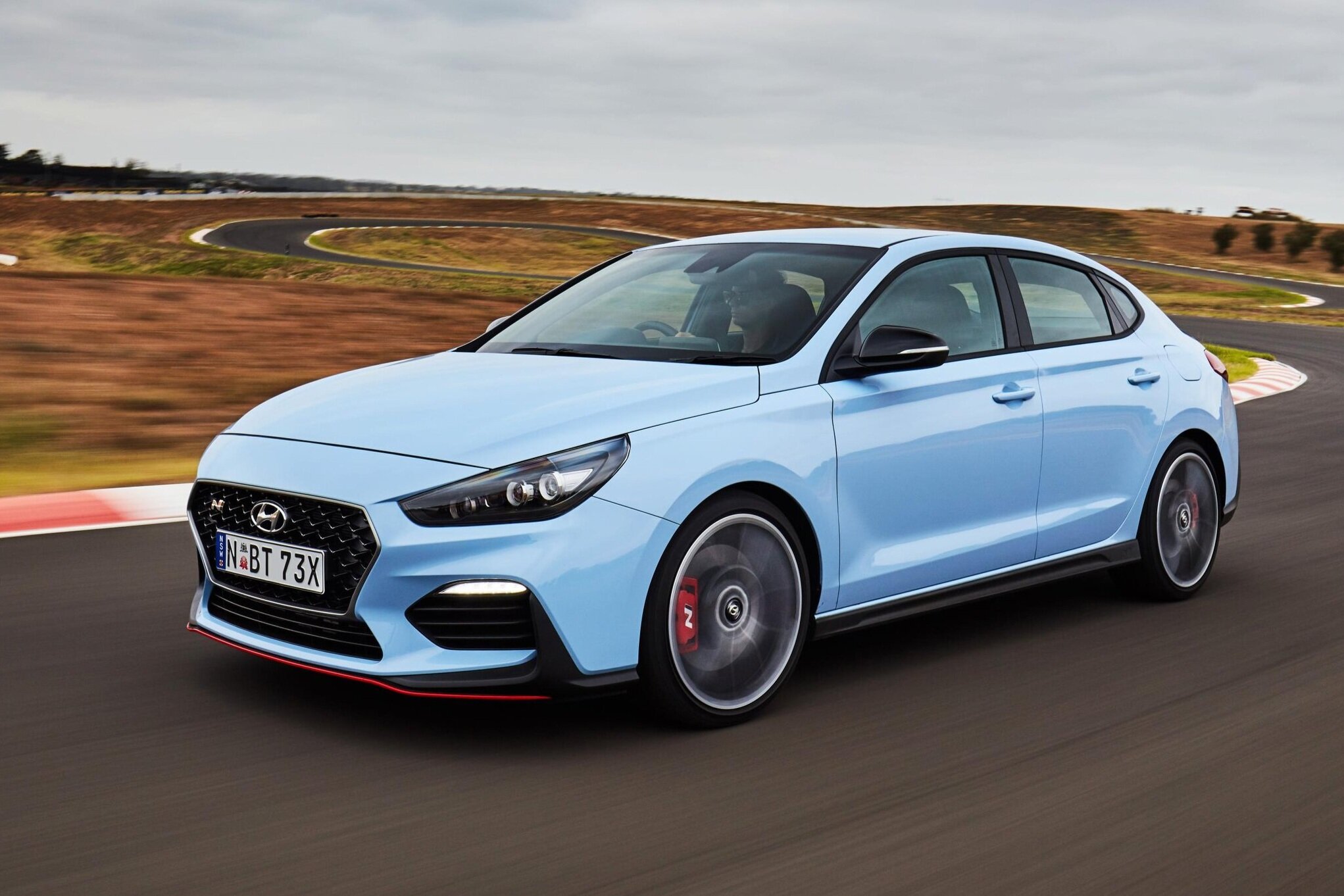
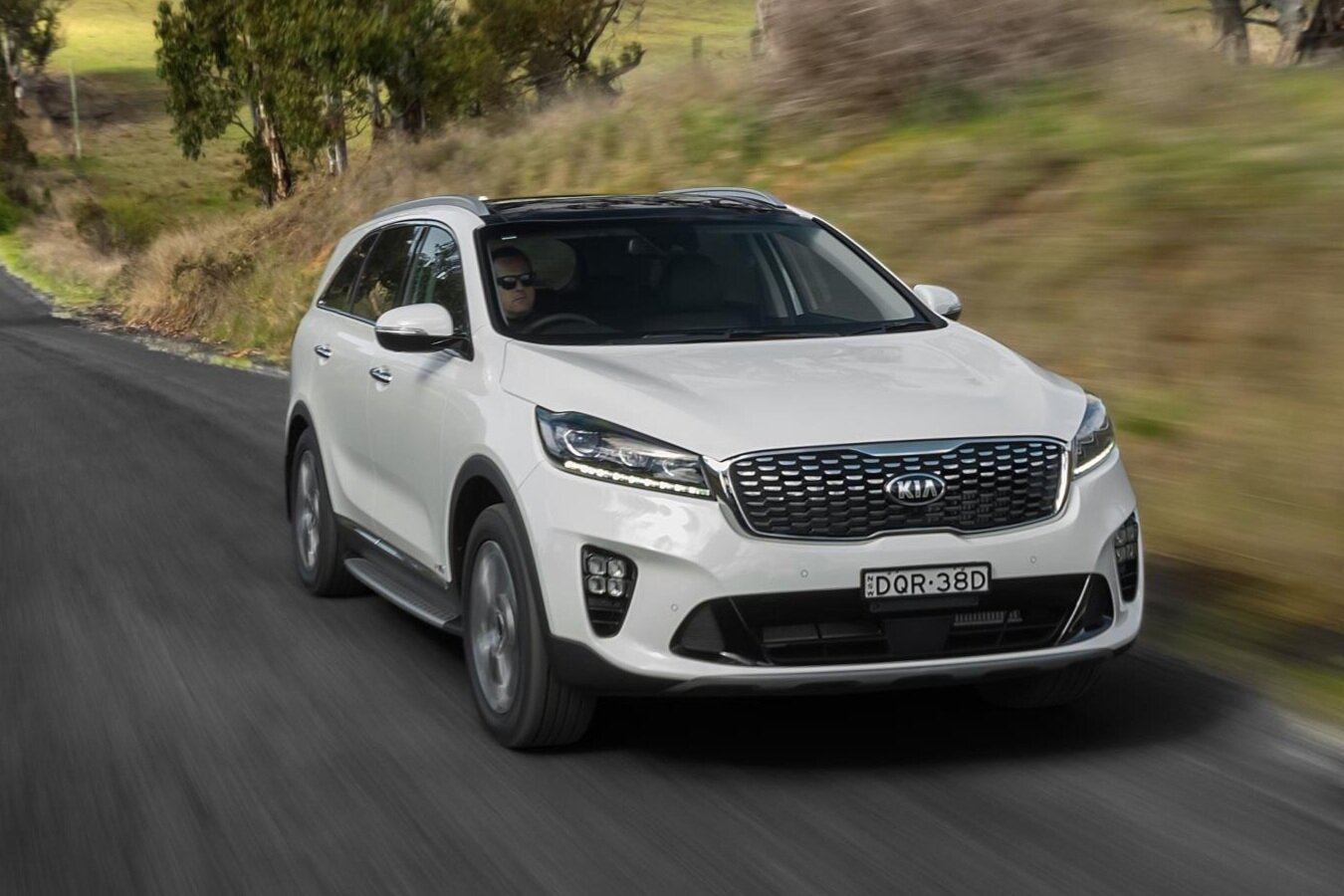
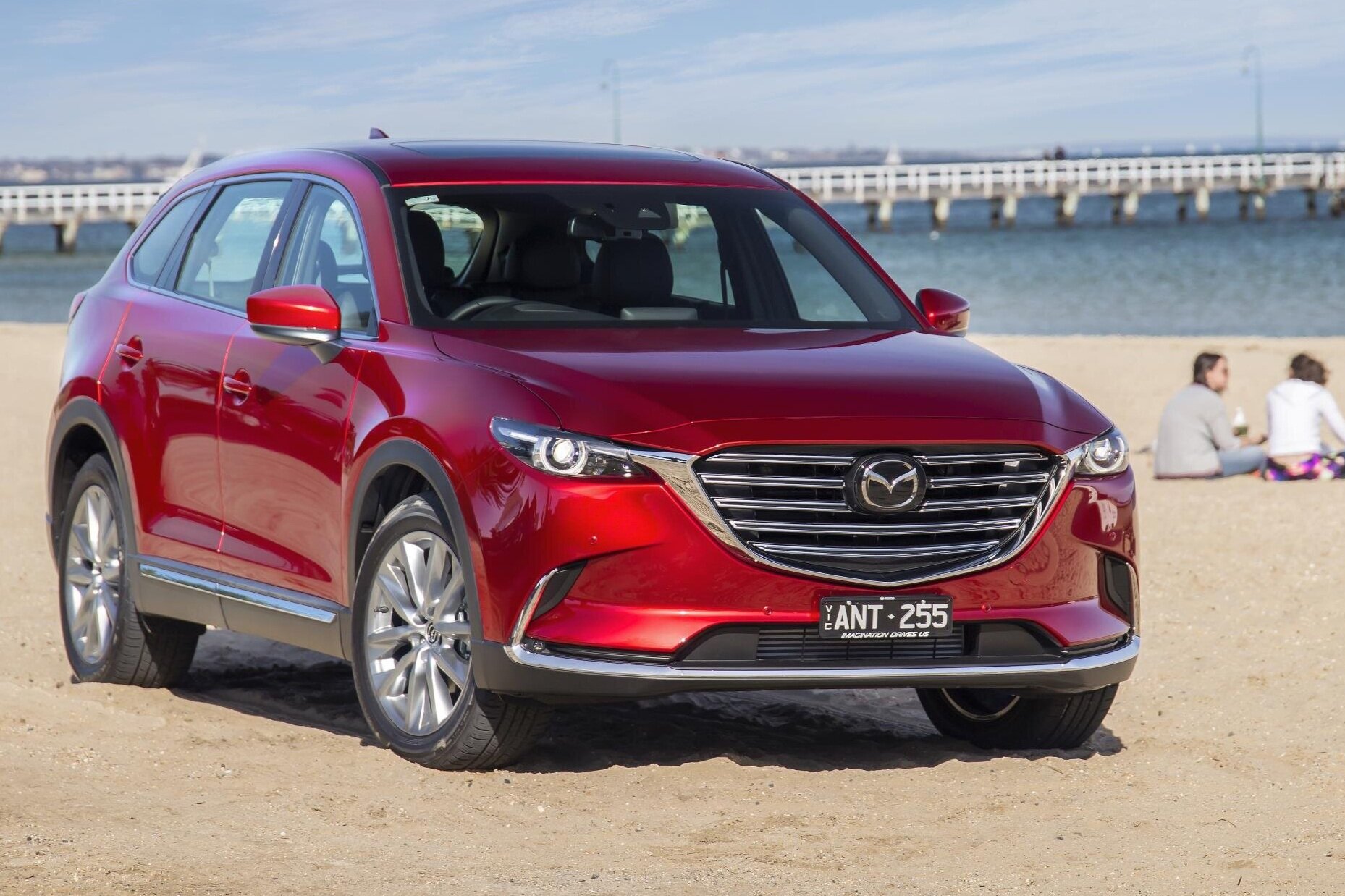
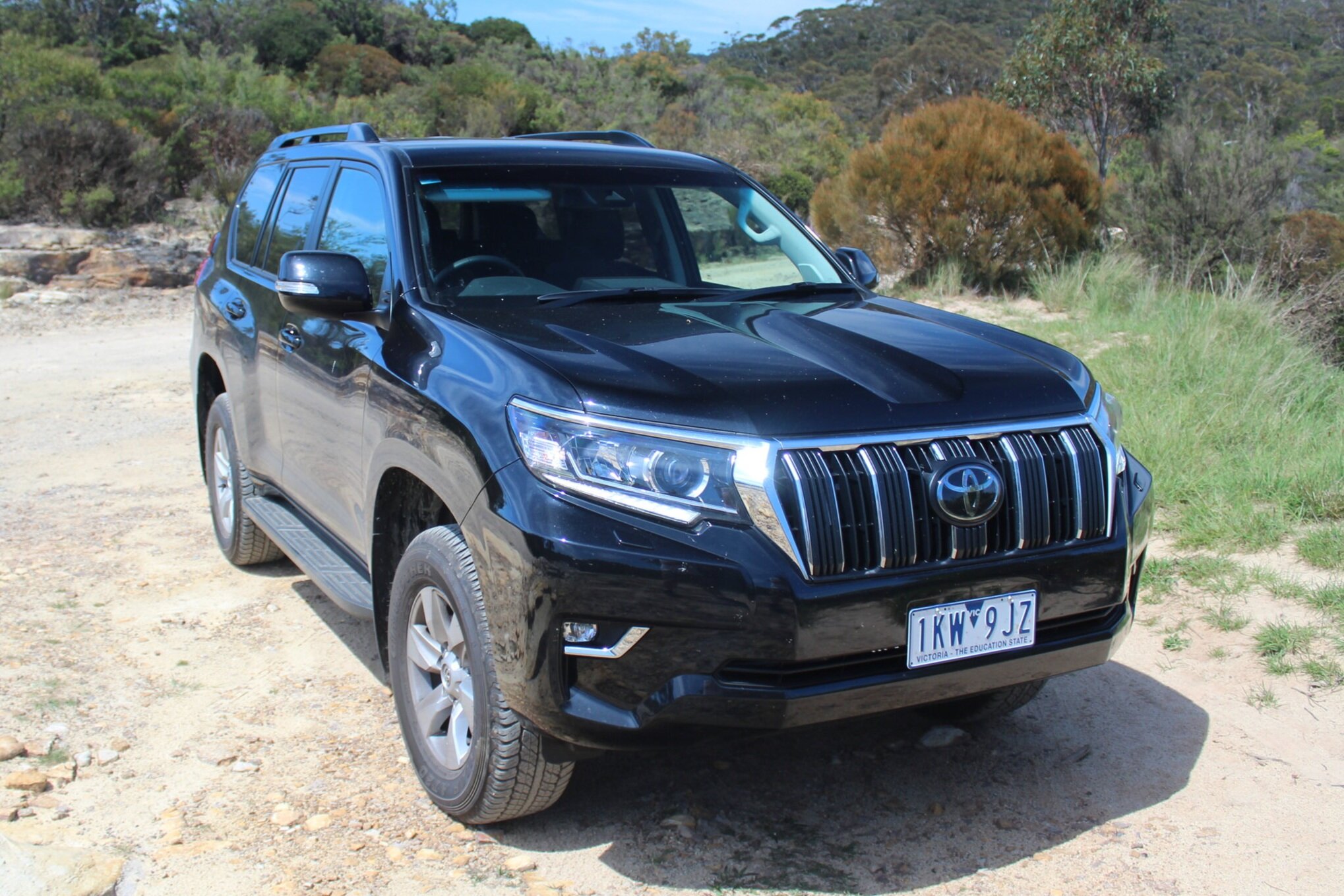

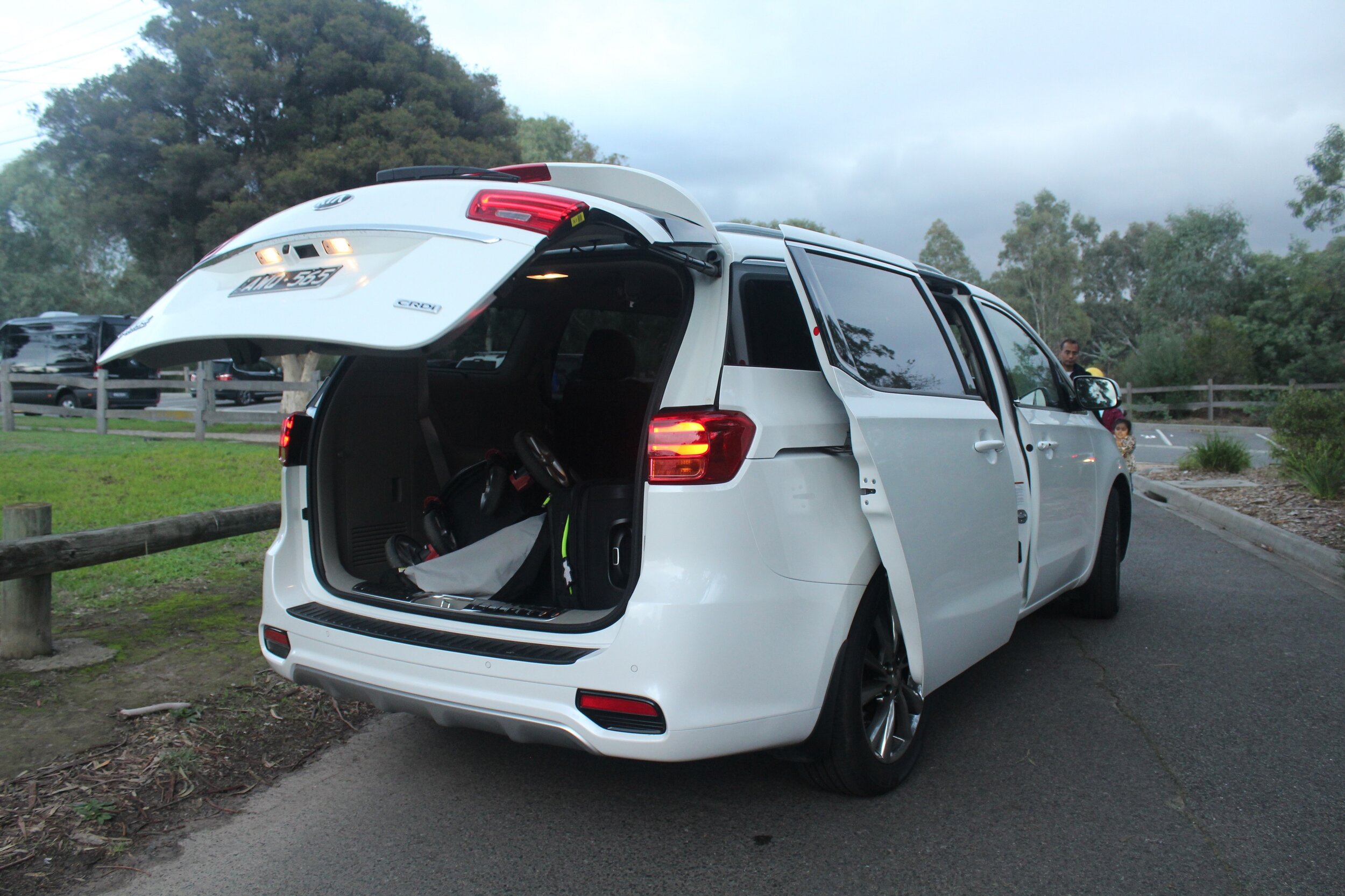
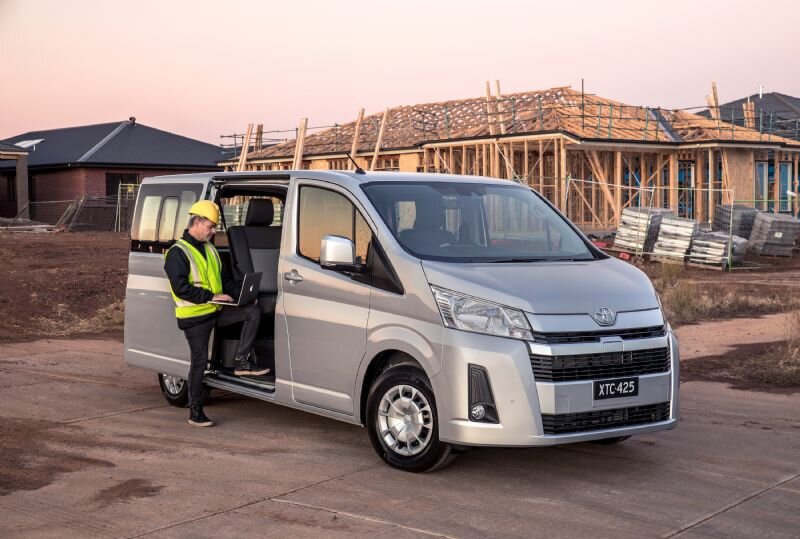
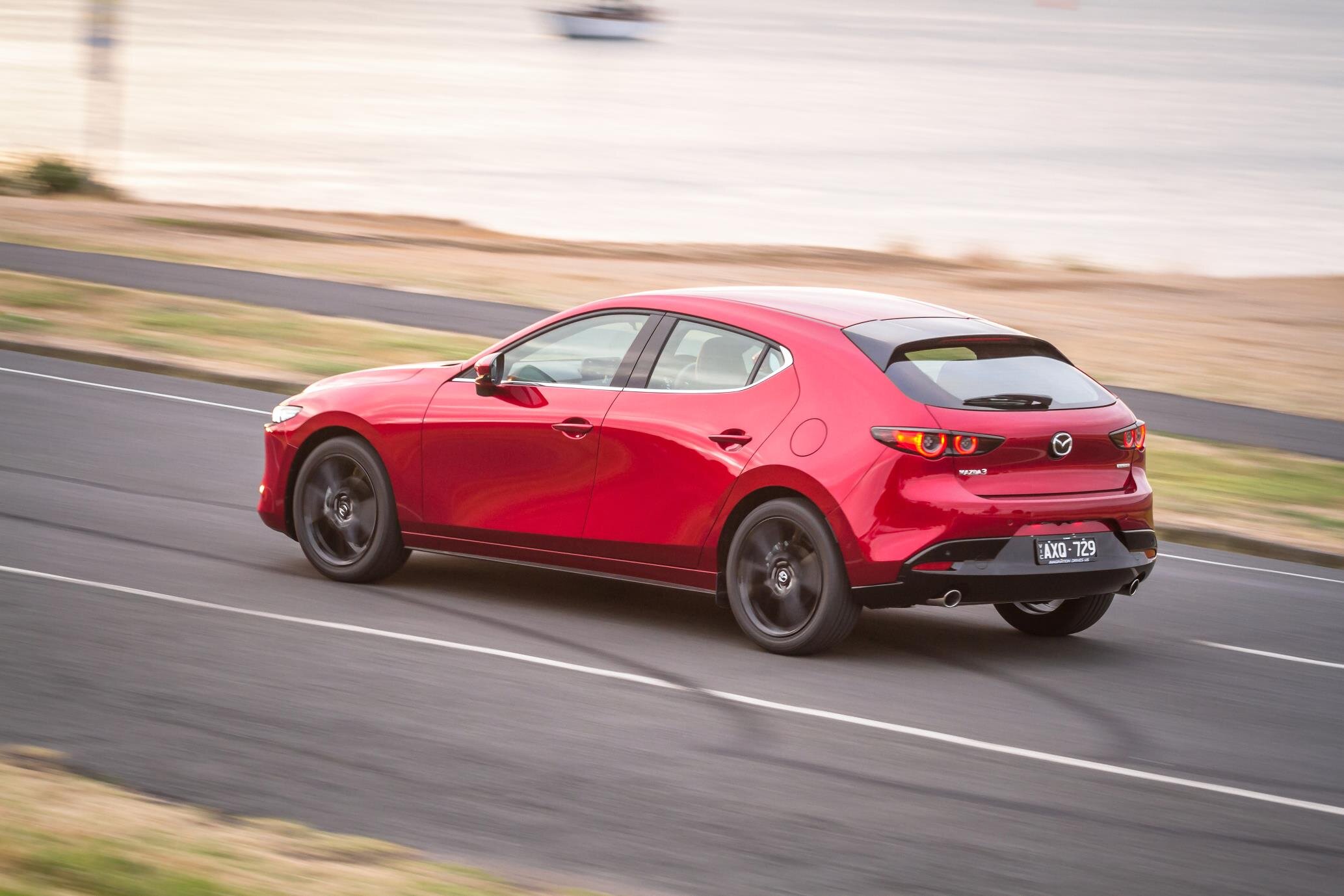
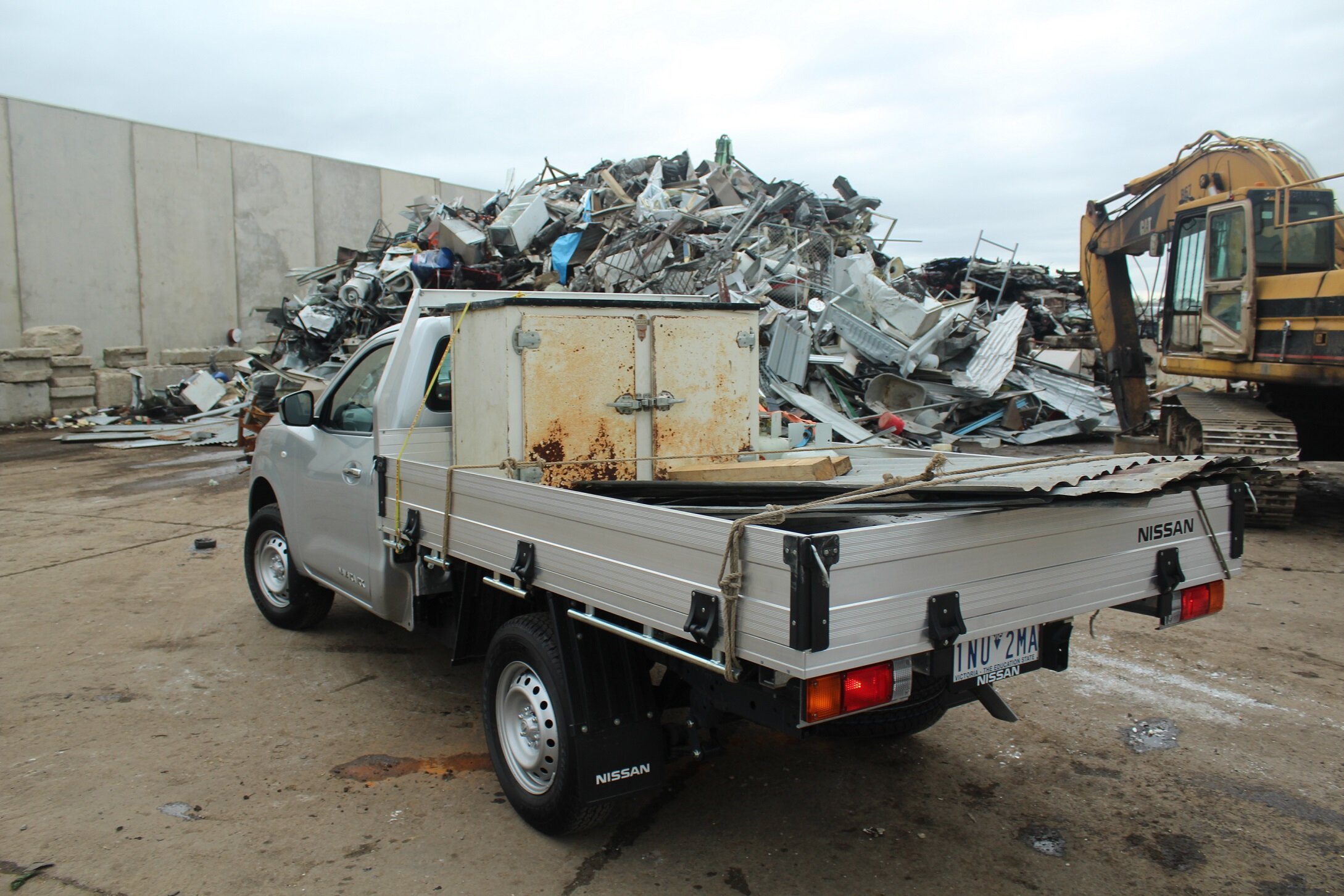


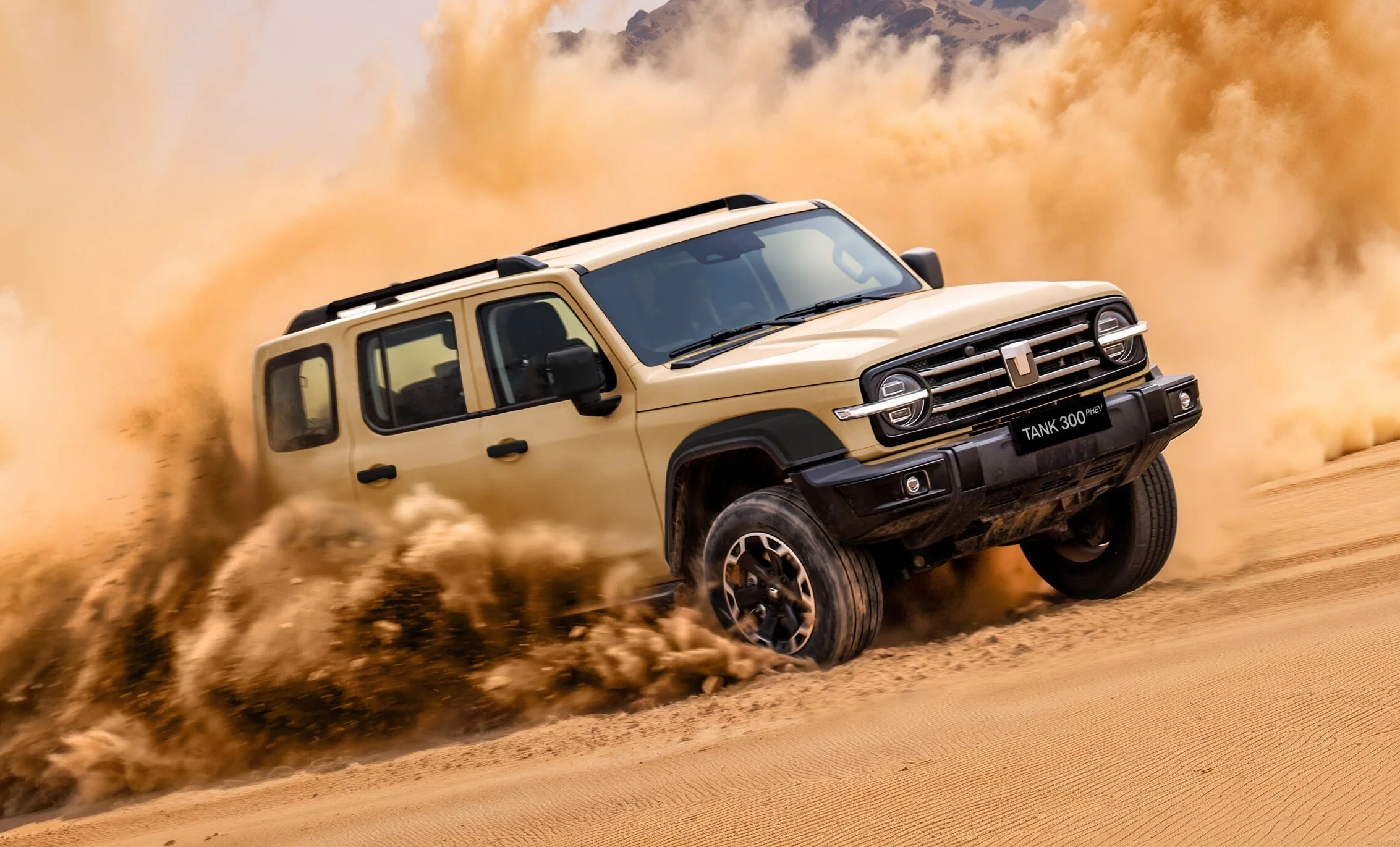


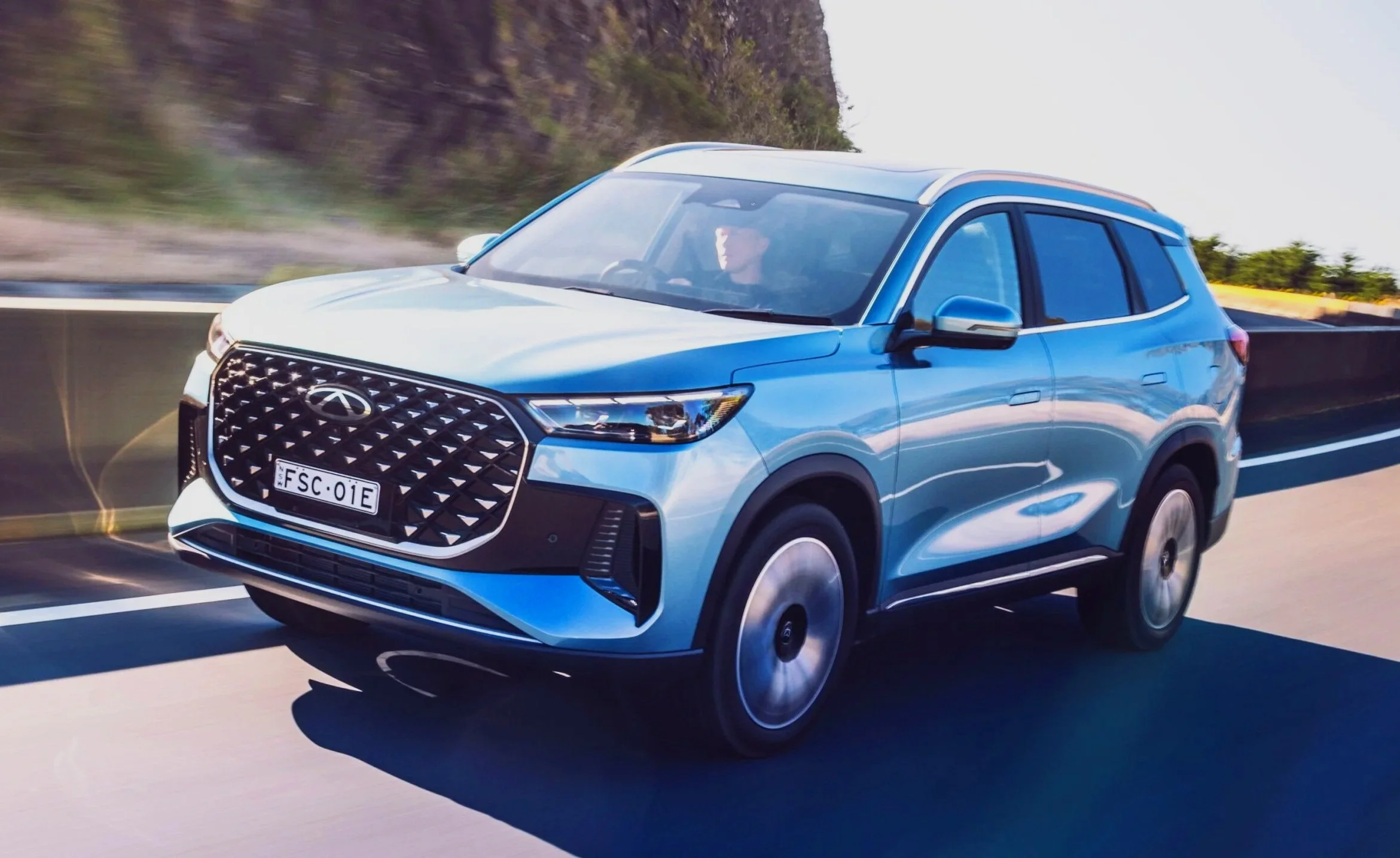
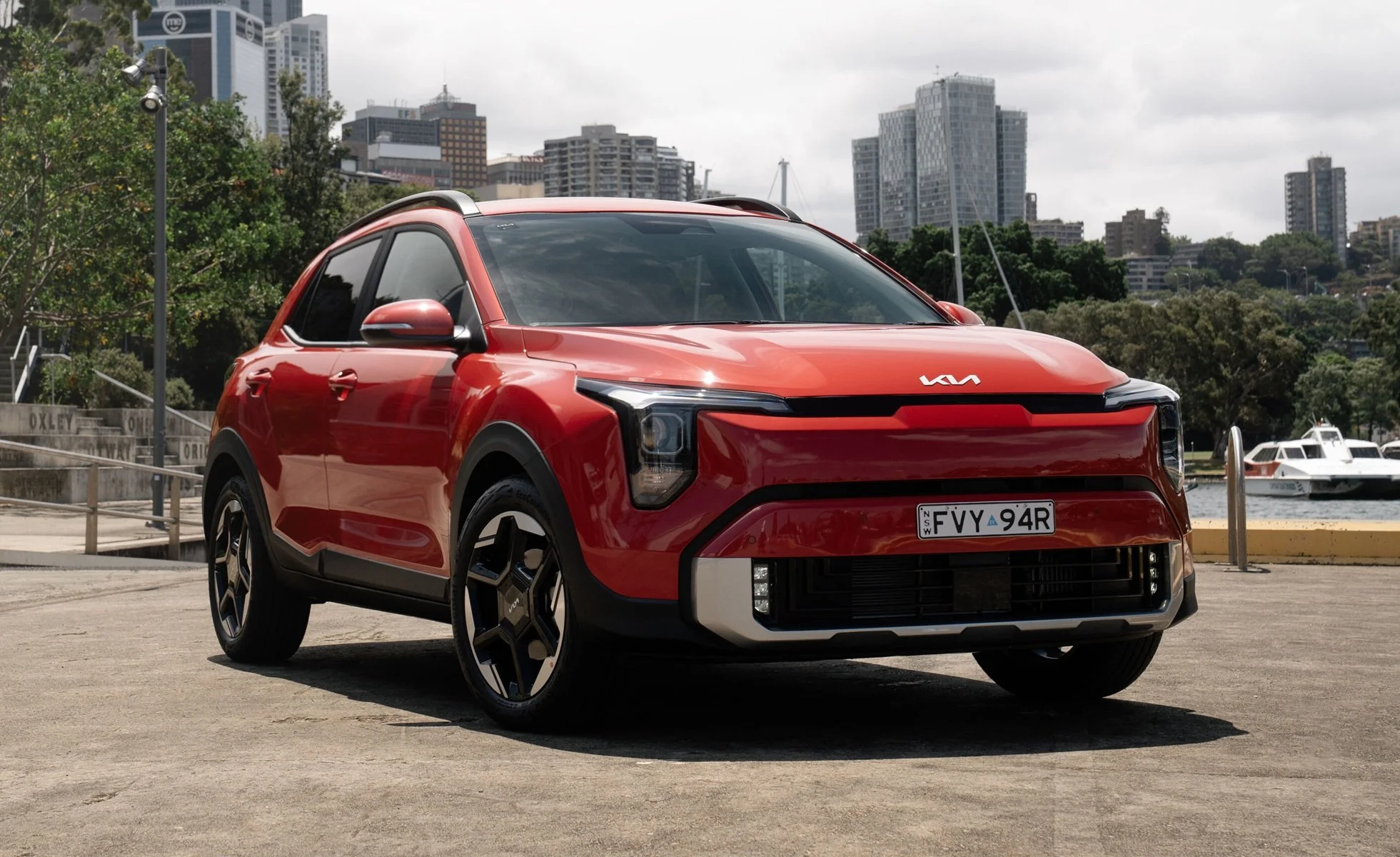
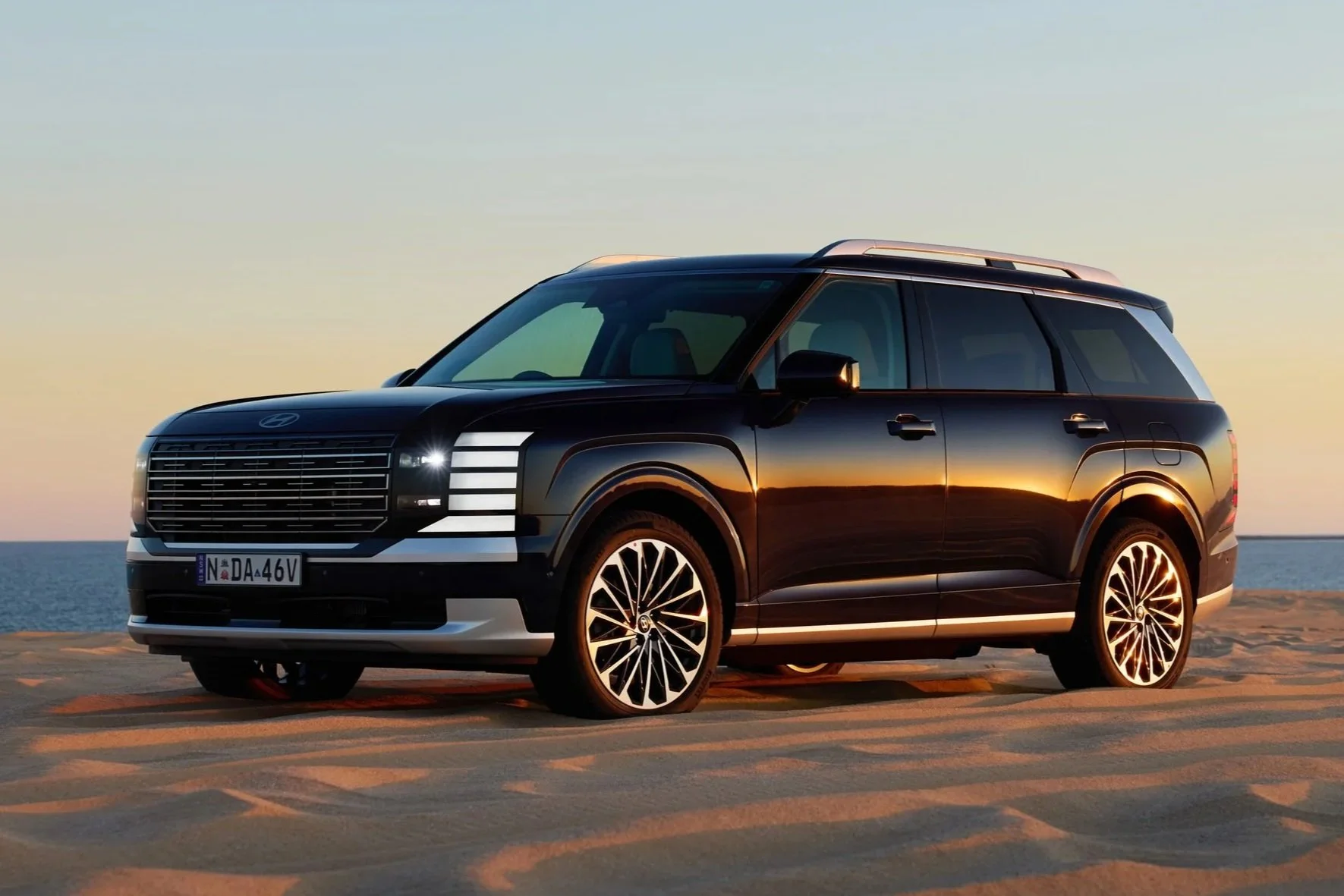
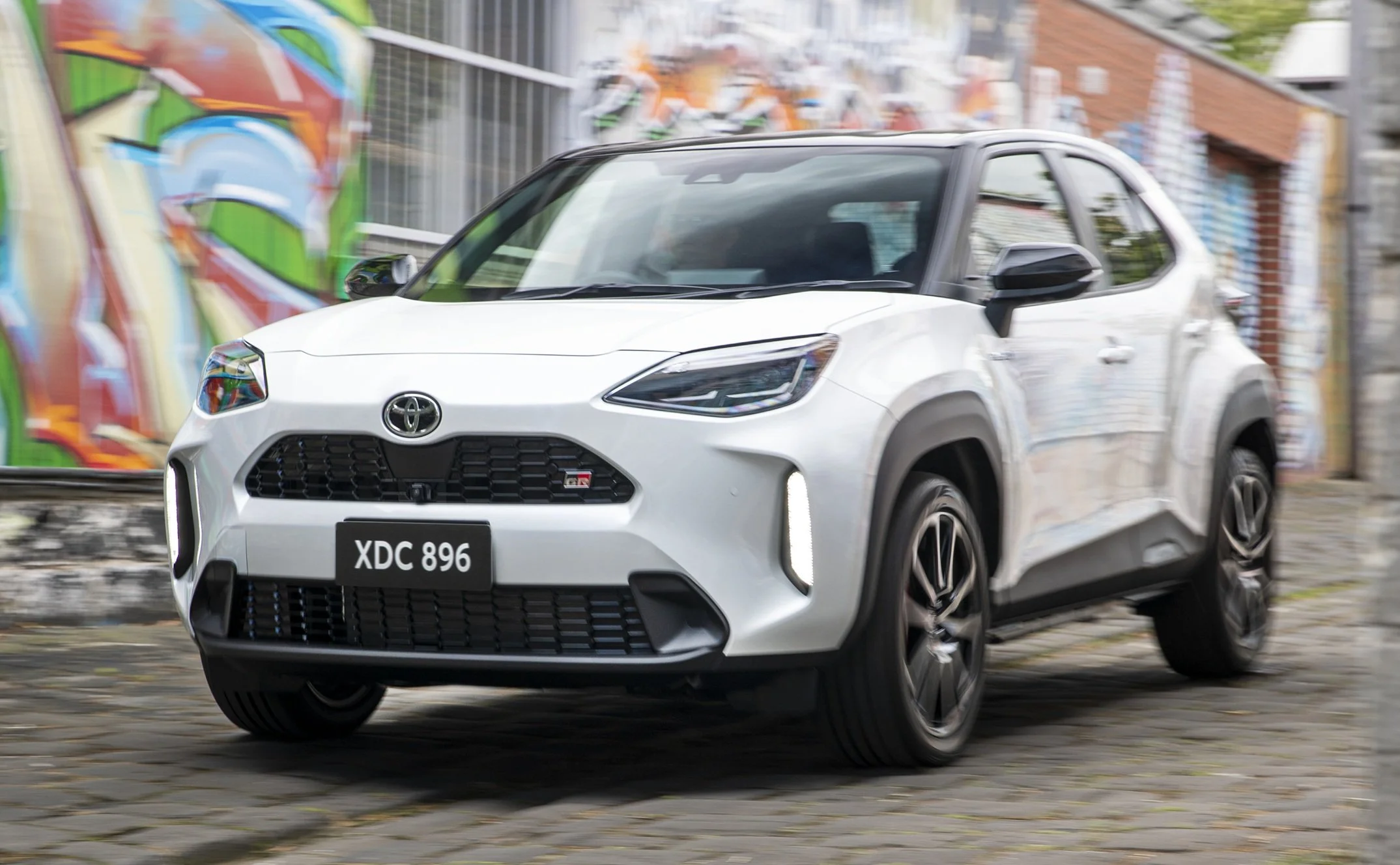

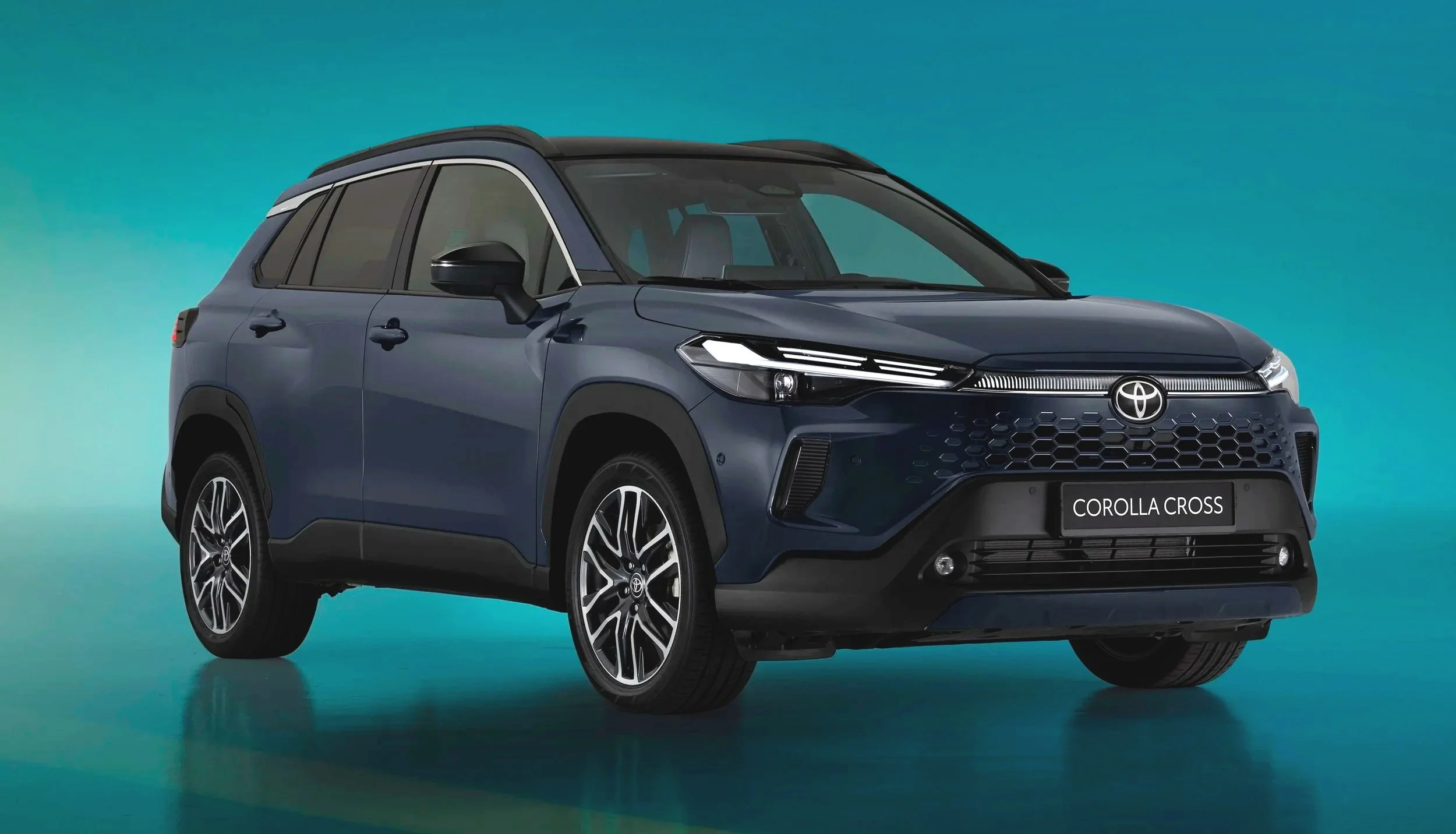

There’s plenty to like about the 7-seat Ford Everest for hardcore off-roading and heavy towing thanks to its big V6 diesel. But is it wise dropping up to $80K on Ford these days?